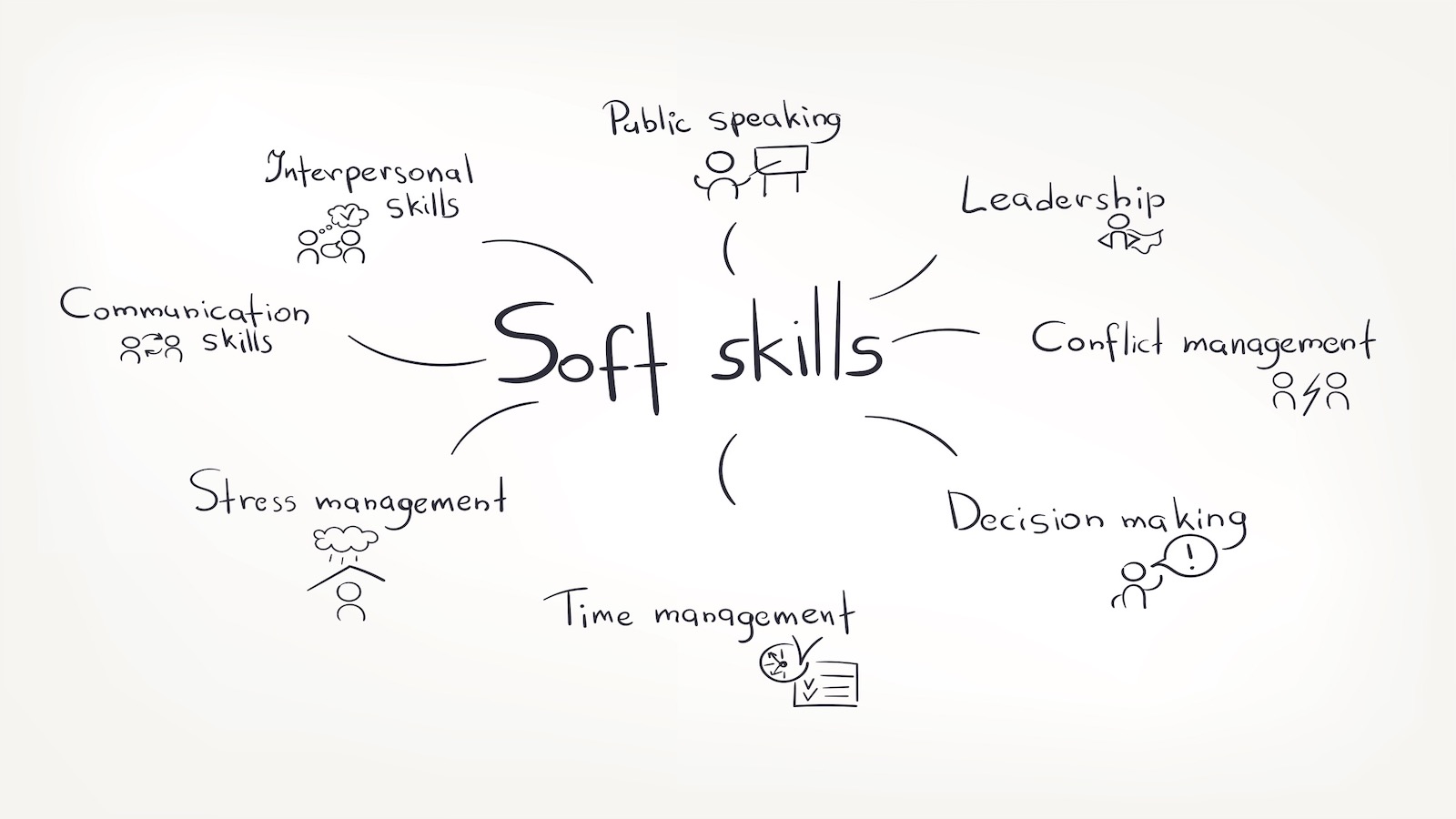Generative AI is one of the most rapidly growing fields of artificial intelligence. It is a type of AI that can create new content, such as text, images, music, and code. Generative AI is already being used in a variety of applications, such as:
- Content creation: Generative AI can be used to create new content, such as news articles, blog posts, and social media posts. This can help businesses and individuals to save time and produce high-quality content.
- Product development: Generative AI can be used to generate new product ideas and designs. This can help businesses to innovate faster and develop products that are more likely to meet the needs of their customers.
- Scientific research: Generative AI can be used to generate new hypotheses and experiments. This can help scientists to accelerate the pace of scientific discovery.
The growth of generative AI in the coming years is expected to be driven by a number of factors, including:
- Advances in computing power: Generative AI models require a lot of computing power to train and run. However, the cost of computing power is decreasing, which is making generative AI more accessible to businesses and individuals.
- Availability of data: Generative AI models are trained on data. The increasing availability of data, such as text, images, and music, is fueling the growth of generative AI.
- Improved algorithms: Generative AI algorithms are constantly being improved, which is leading to the development of more powerful and versatile models.
As generative AI continues to develop, it is expected to have a significant impact on a wide range of industries. For example, generative AI could be used to develop new types of drugs, create personalized educational experiences, and generate new forms of art and entertainment.
Overall, the growth of generative AI in the coming years is expected to be rapid and transformative. Generative AI has the potential to revolutionize the way we live and work.













